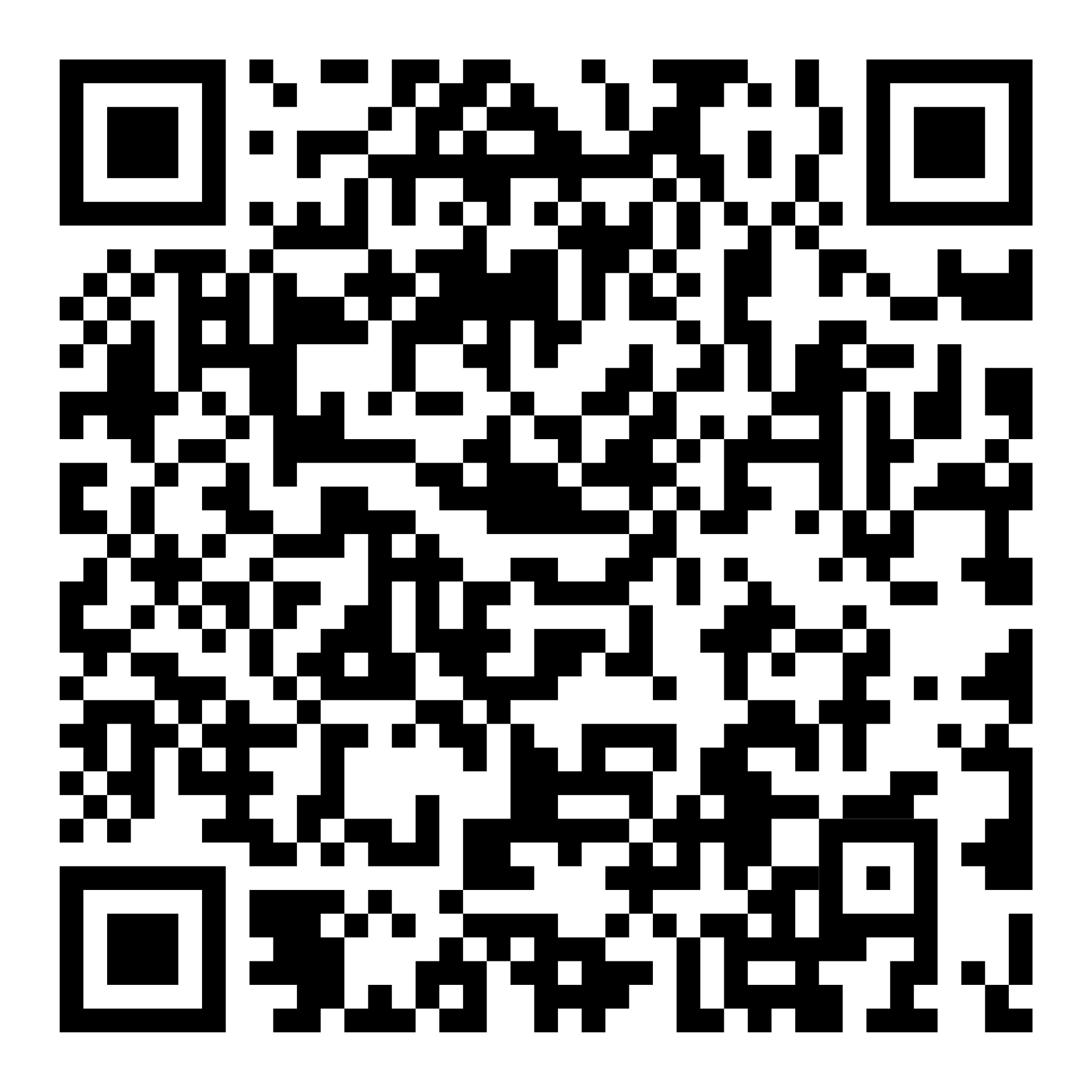| Submit Manuscript |

Journal of Deep Learning (JDL) is firmly committed to upholding academic integrity and the originality of scholarly works. Therefore, any form of plagiarism will not be tolerated and will be addressed seriously in accordance with established academic publishing ethics.
Plagiarism is the act of using another person’s ideas, data, quotations, or work and presenting them as one’s own without proper attribution. Plagiarism includes, but is not limited to:
Copying text directly from other sources without proper quotation or citation.
Using ideas, data, images, or code from other works without permission or acknowledgment.
Paraphrasing content from other sources without citing the source.
Self-plagiarism or duplicate submissions to multiple journals simultaneously.
All submitted manuscripts are screened using plagiarism detection software such as Turnitin or iThenticate.
The maximum acceptable similarity index is 20% (excluding references and properly cited quotations).
If plagiarism is detected above the threshold, the manuscript will be returned to the author for revision or outright rejected, depending on the severity and nature of the violation.
If plagiarism is suspected:
The editor will manually review the plagiarism report.
Authors may be given an opportunity to respond or revise their manuscript (if the issue is deemed unintentional).
For confirmed and serious cases of plagiarism, the manuscript will be rejected or retracted if already published.
In cases of major plagiarism, the journal reserves the right to:
Report the violation to the author’s affiliated institution.
Ban submissions from the offending author(s) for a defined period.
Publish a public notice of retraction or ethical violation as applicable.
This policy is developed based on the guidelines of the Committee on Publication Ethics (COPE) and best practices in scholarly publishing.
| RELAWAN JURNAL INDONESIA |

